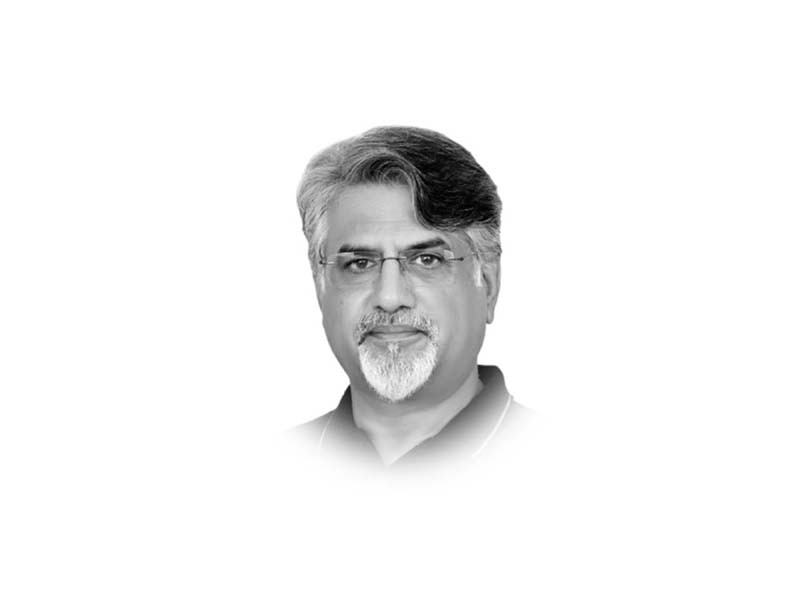
The idea of convergence and divergence is an idea that defines the concept of balance in international relations. In the post-Cold War period almost all nations agreed to the idea of convergence which meant being part of an integrated, cooperative world and a global order that was put in place by the US. History will remember the last decade of the 20th Century and the first decade of the 21st Century as the decades that were very unique. They were unique because for the first time in history a great power was left without a balance. Absence of balance against the US defined the history of these two decades. But history also defines how geopolitical differences and differences over ideology cannot end permanently. They can become insignificant and at times very insignificant but they re-emerge given the right conditions and circumstances. In the multi-state system, China and Russia were the only two powers that could balance against the US and prevent the formation of a global hegemon. They didn’t because they couldn’t, as Russia was still overcoming the tragedy of its disintegration and the geopolitical damage it had done and China was biding time to complete what it had begun three decades earlier — the story of its rise.
What is happening now in the world is because of the revisionist strategies being pursued by Russia and China as both have come out of their ‘couldn’t’ state of balancing to their ‘can’ state of balancing. It is no easier going for the US as it was during the decades that it was not balanced against. The US was having its way and was pulling itself out of the Middle East and pivoting towards Asia-Pacific. It has not been allowed to do now and has been sucked back in the Middle East and whatever military advantage it wanted to create in Asia-Pacific has been weakened. The US has been constrained and its idea of maintaining military primacy in Asia-Pacific has been badly bruised. It thought it could plot against Russia and drown it into the Ukraine quagmire but instead it has now to watch its own back and deal with the quicksand that it may leave behind in the Middle East in case it decides to complete its pivot to Asia-Pacific.
Events accelerate and de-accelerate trends. NATO’s eastward expansion was one such event. It trended the Russian fear of bringing NATO’s border right at its doorstep. Since events accelerate trends, you cannot leave them to themselves and must exercise control over them, and Russia did exactly the same. It couldn’t allow Ukraine to become part of NATO as that is the historical geographic space and the platform from where the West in the past directed its military invasions of Russia. Russia didn’t think narrowly, it only thought strategically and made Ukraine the classic example of demonstrating its divergence within the international system. What brings the world to converge is the common goods and the common challenges which the entire global community may join hands to fight. No common good can ever be achieved without an order but if the global order is as prejudiced and as unjust as the Americans made it then it is no surprise that the great powers did not relent to it. The fear of insecurity that this order instilled in their minds only forced them to view the world from the narrow angle of their own interests and security rather than from the point of view of global security and global interests. The fault was not theirs — it was the US fault.
The current era is the phase of the rise of a new paradigm. History is witnessing a paradigm shift in geopolitics, and most countries are not willing to buy the kind of liberty and liberal international order that the US has tried selling. The US built for itself a fortress America of law, constitution and courts but it failed to help other countries to do the same. In fact, the US has done quite the opposite and countries of the global south feel betrayed by the US double standards.
Today, Pakistan is a classic example of how the US doesn’t want a Russia-like divergence and will not tolerate and allow an ideologically different and unacceptable government to take root in the country. The US is pampering and babysitting the unpopular coalition government that will soon form government in Pakistan. Has no constitution been violated in the country? No breach of law in managing the election process? Has justice not been denied to the party that emerged as the single largest political force? The current new era is the era of mass politics — an era aptly described about seven decades ago by Mr Learned Hand, an American judge and legal philosopher. He said: “I often wonder whether we don’t rest our hopes too much upon constitutions, upon laws and open courts. These are false hopes; believe me, these are false hopes. Liberty lies in the hearts of men and women; when it dies there, no constitution, no law, no court can do even much to help it.”
Russia and China didn’t think they were part of an international system that was fair and offered equal opportunities — they diverged. The mass of people in these great powers agree with their leadership and stand beside their leaders. In a country like Pakistan if the system will fail to deliver on the promise of democracy and if the system will prove through its actions that it is unfair then it becomes a matter of time when — not if — the anger and resentment of people will explode.
Circumstances create opportunities. They created opportunities for Russia and China to diverge against the international system. In Pakistan, circumstances are also pushing a coalition to form a government. People in Pakistan may also diverge if they believe that the legislature is fashioned and designed; if cabinets enforce and implement laws that are not people friendly; if the judiciary is failing to deliver fairly and according to the Constitution; and if media is collectively failing to hold all three branches of the government accountable.
The international system has failed and a new multipolar system based on major powers’ ability to hold and sustain their spheres of influence is emerging. The notion of conversion has hit the dust as Russia and China persist with their revisionism. The idea of balance has resurfaced and the world community has started adapting to the changing circumstances.
Pakistan and other such countries need balance to return in their democratic setup. Political parties that revision Pakistan, its national interests and its foreign policy based on those interests cannot and must not be coerced into submission, especially when they ride on the popular wave of people’s will. The social contract that people have with the state can maintain its balance only if all three elements of the state — government, military and the people — stay in balance. It is only if these elements stay in balance that divergence will be prevented. International system lost the idea and opportunity of conversion because it was unjust, prejudiced and unfair to Russia and China. Pakistan’s political system has to find a way to grow just, fair and unprejudiced because if it doesn’t, opportunities will open up in the international system for divergence to take root and that is not what Pakistan deserves or wants.
Published in The Express Tribune, February 25th, 2024.
Like Opinion & Editorial on Facebook, follow @ETOpEd on Twitter to receive all updates on all our daily pieces.


















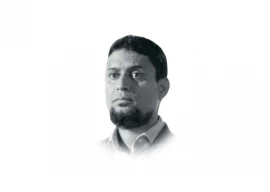





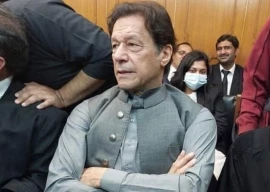
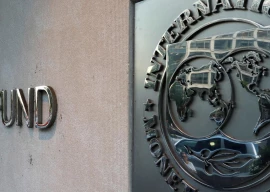


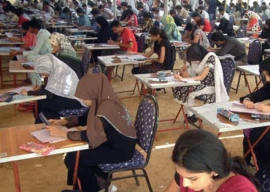

COMMENTS
Comments are moderated and generally will be posted if they are on-topic and not abusive.
For more information, please see our Comments FAQ